Results
-
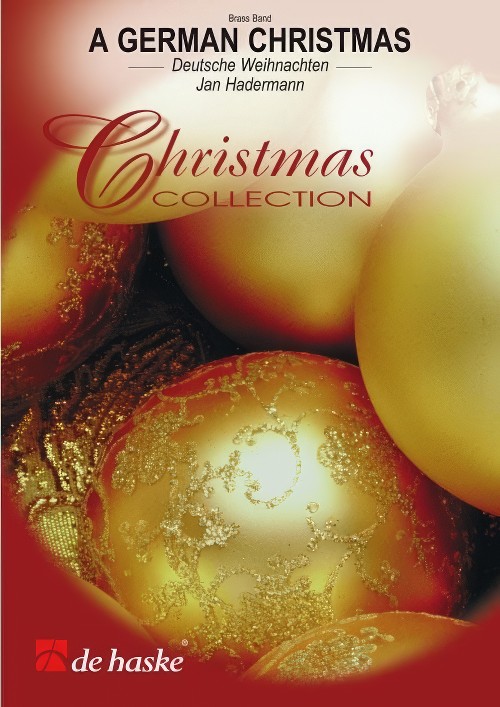 £68.99
£68.99A German Christmas (Deutsche Weihnachten) (Brass Band - Score and Parts) - Hadermann, Jan
Following a Christmas concert in German speaking Belgium, Jan Hadermann put together A German Christmas. Three well-known German Christmas carols O Tannenbaum, Alle Jahre Wieder and Susser die Glocken nie klingen have been transcribed in this Christmas medley. The romantic simplicity of the music makes it ideal for all bands.Duration: 5:45
Estimated dispatch 7-14 working days
-
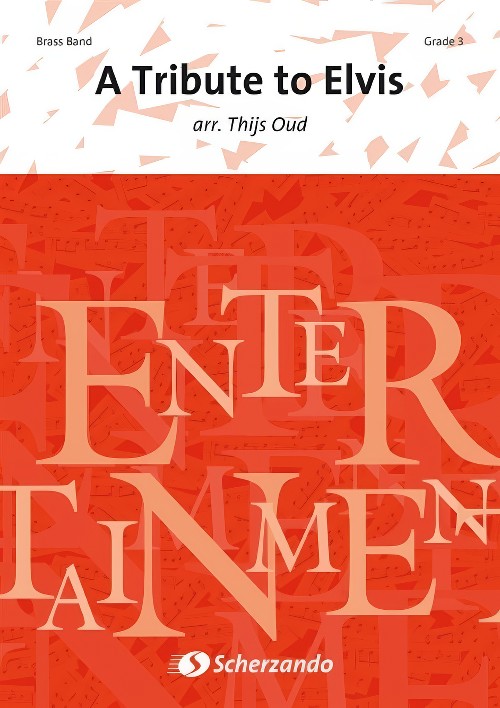 £69.99
£69.99A Tribute to Elvis (Brass Band - Score and Parts) - Oud, Thijs
Richard Strauss's Also Sprach Zarathustra is used in this great medley to introduce the King of Rock and Roll. Just imagine him walking onto the Las Vegas stage and then put your whole heart into performing three of his best known hits. An extra touch of entertainment can be added with members of your band singing the chorus to CC Rider. Everyone will love this tribute to the legendary performer.Duration: 10:30
Estimated dispatch 7-14 working days
-
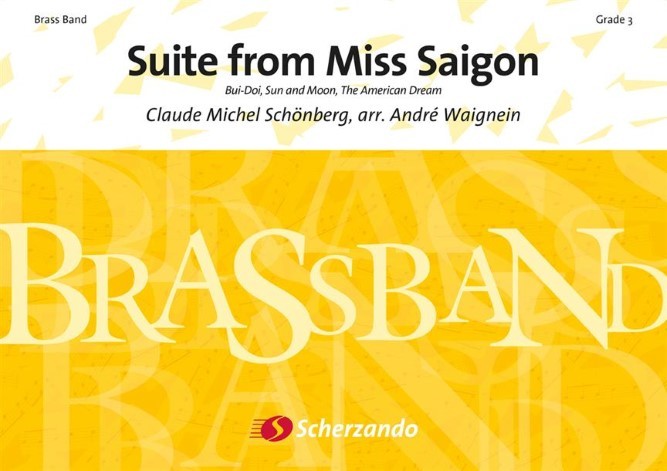 £74.99
£74.99Suite from Miss Saigon (Brass Band - Score and Parts) - Schonberg, Claude-Michel - Waignein, Andre
The musical Miss Saigon was a massive hit in London, Broadway and throughout the world. Based on Puccini's opera, Madame Butterfly, this epic production centres on the romance between a strong-willed Vietnamese woman and an American soldier during the Vietnam War. The story tells of two young lovers torn apart by war yet still held together by a burning passion. This medley features three of the best songs from the musical and mixes desperate love with optimism and joy. Relive the hit show with this catchy medley.Duration: 10:30
Estimated dispatch 7-14 working days
-
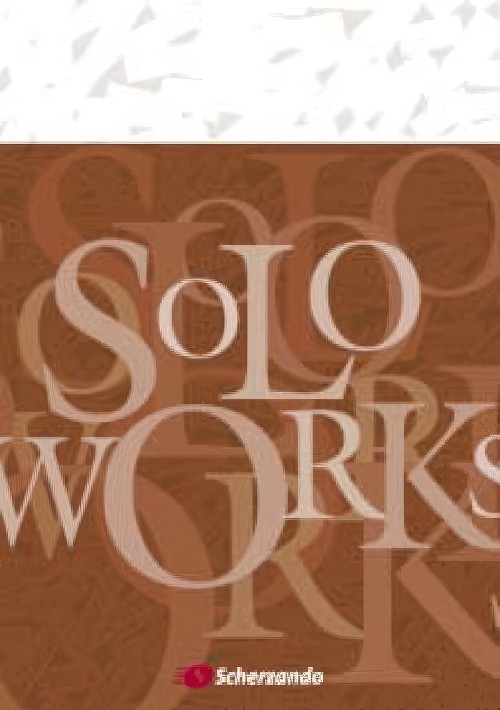 £59.99
£59.99Magic Slides (Trombone Trio with Brass Band - Score and Parts) - Laseroms, Wim
This playful novelty item for three trombones and band makes use of the trombone's most entertaining feature - the glissando. Makes an ideal light interlude in any concert or a great encore piece.Duration: 4:15
Estimated dispatch 7-14 working days
-
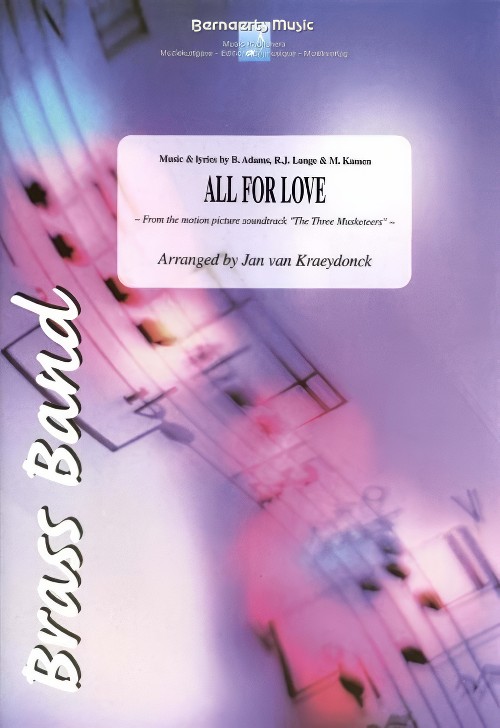 £53.99
£53.99All for Love (Brass Band - Score and Parts) - Kraeydonck, Jan van
From the motion picture soundtrack The Three Musketeers and as performed by Bryan Adams, Rod Stewart and Sting. Duration: 3.45
Estimated dispatch 7-14 working days
-
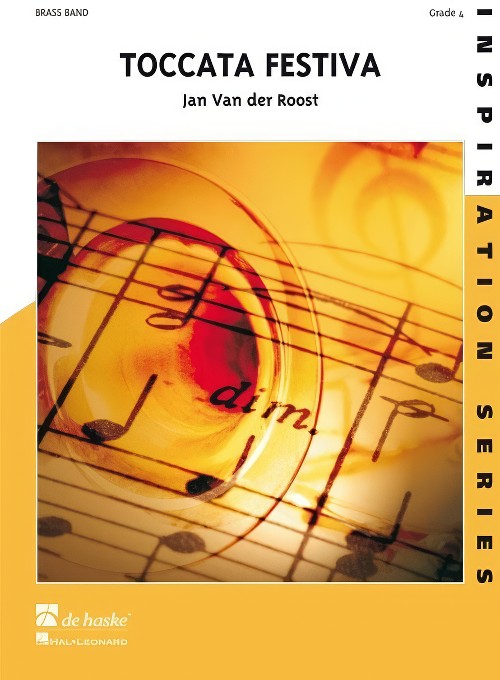 £104.99
£104.99Toccata Festiva (Brass Band - Score and Parts) - Van der Roost, Jan
Toccata Festiva was commissioned in 1994 by the Dutch Brass Band Championships. The wind band version was made a year later by the composer himself. Historically speaking, the toccata is considered to be one of the first independent instrumental forms for keyboard instruments. Originally the toccata was typically more or less improvised, later this musical form was given a more regulated structure. Both elements are used in the Toccata Festiva: on the one hand the different themes are developed freely, on the other, the piece has an orderly structure. It is in a three part form (quick-slow-quick) and includes both strong rhythmical figures and broad melodic lines. Part of the composition is written in a more or less archaic tone idiom, referring to the period from which the toccata form originates (16th century).Duration: 13:30
Estimated dispatch 7-14 working days
-
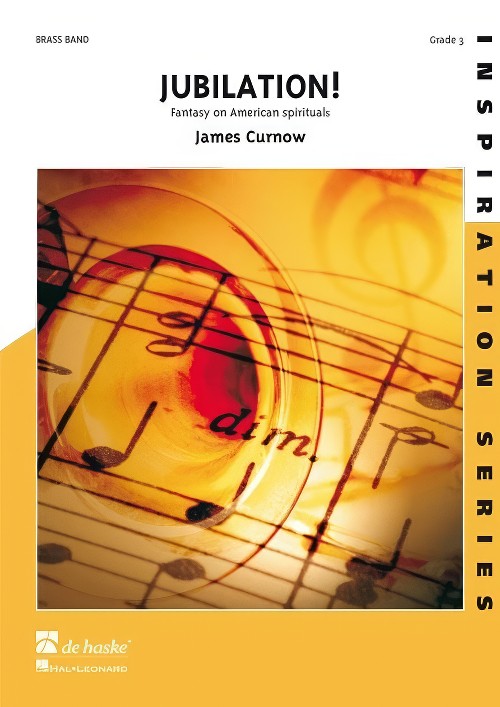 £68.99
£68.99Jubilation! (Brass Band - Score and Parts) - Curnow, James
In 1868 William Francis Allen published a collection of spirituals, songs sung by slaves whilst they worked. This book started a flood of enthusiasm for the spiritual which continues to this day. Jubilation (a time for celebration) uses the spiritual 'My Lord, What A Morning' as the main melody for transitions and modulations throughout and to introduce three further spirituals: I'm Gonna Sing, Steal Away and Ev'ry Time I Feel the Spirit.Duration: 5:50
Estimated dispatch 7-14 working days
-
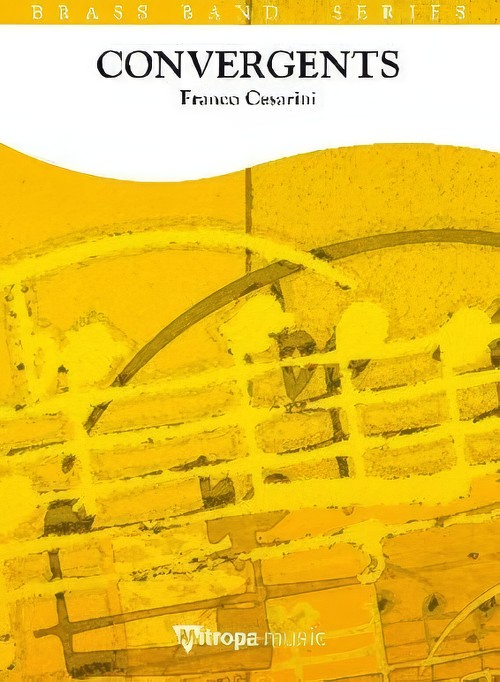 £84.99
£84.99Convergents (Brass Band - Score and Parts) - Cesarini, Franco
With Convergents Franco Cesarini has succeeded in composing a piece suitable for both concerts or contests which whilst not being too difficult still has the feel of a major work. This extremely rhythmical piece is built upon three themes which, after being introduced in turn, finally converge into the triumphal finale of the work. This scintillating work will be a definite enrichment to the repertoire of your concert band.Duration: 5:45
Estimated dispatch 7-14 working days
-
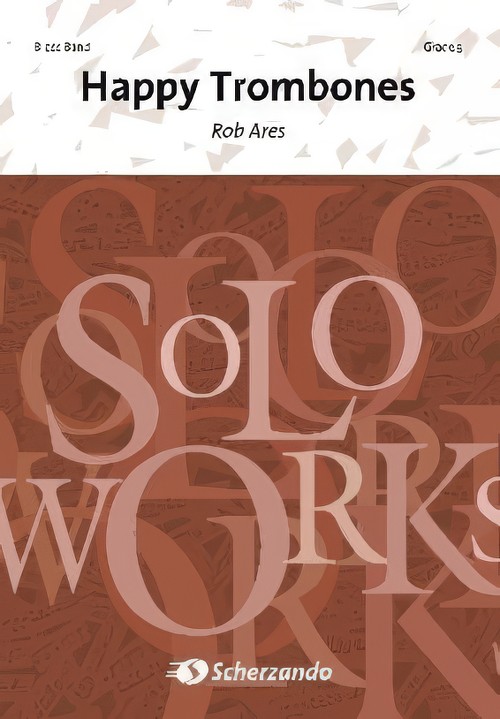 £59.99
£59.99Happy Trombones (Trombone Trio with Brass Band - Score and Parts) - Ares, Rob
A rip-roaring romp for three trombones. Your trombone section will be begging you to let them perform this short piece that highlights the fun side of the trombone.Duration: 3:15
Estimated dispatch 7-14 working days
-
 £74.99
£74.99Suite for Brass (Brass Band - Score and Parts) - Bulla, Stephen
Suite for Brass features three colourful chorales arranged for brass band. Following a brilliant version of O Worship the Lord, Amazing Grace is introduced. This is followed by How Firm a Foundation, arranged in a march style, which brings the work to a thrilling climax.Duration: 4:45
Estimated dispatch 7-14 working days
